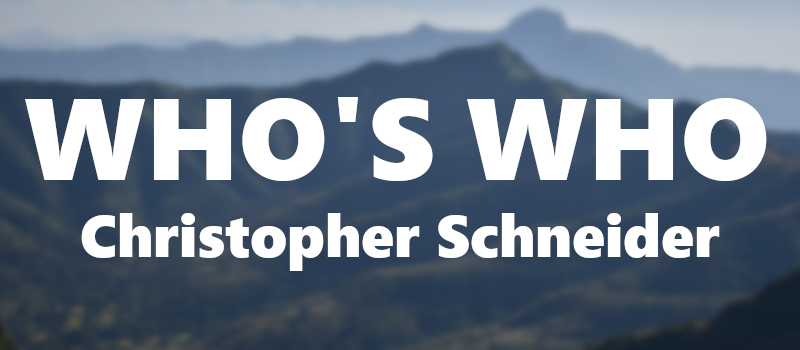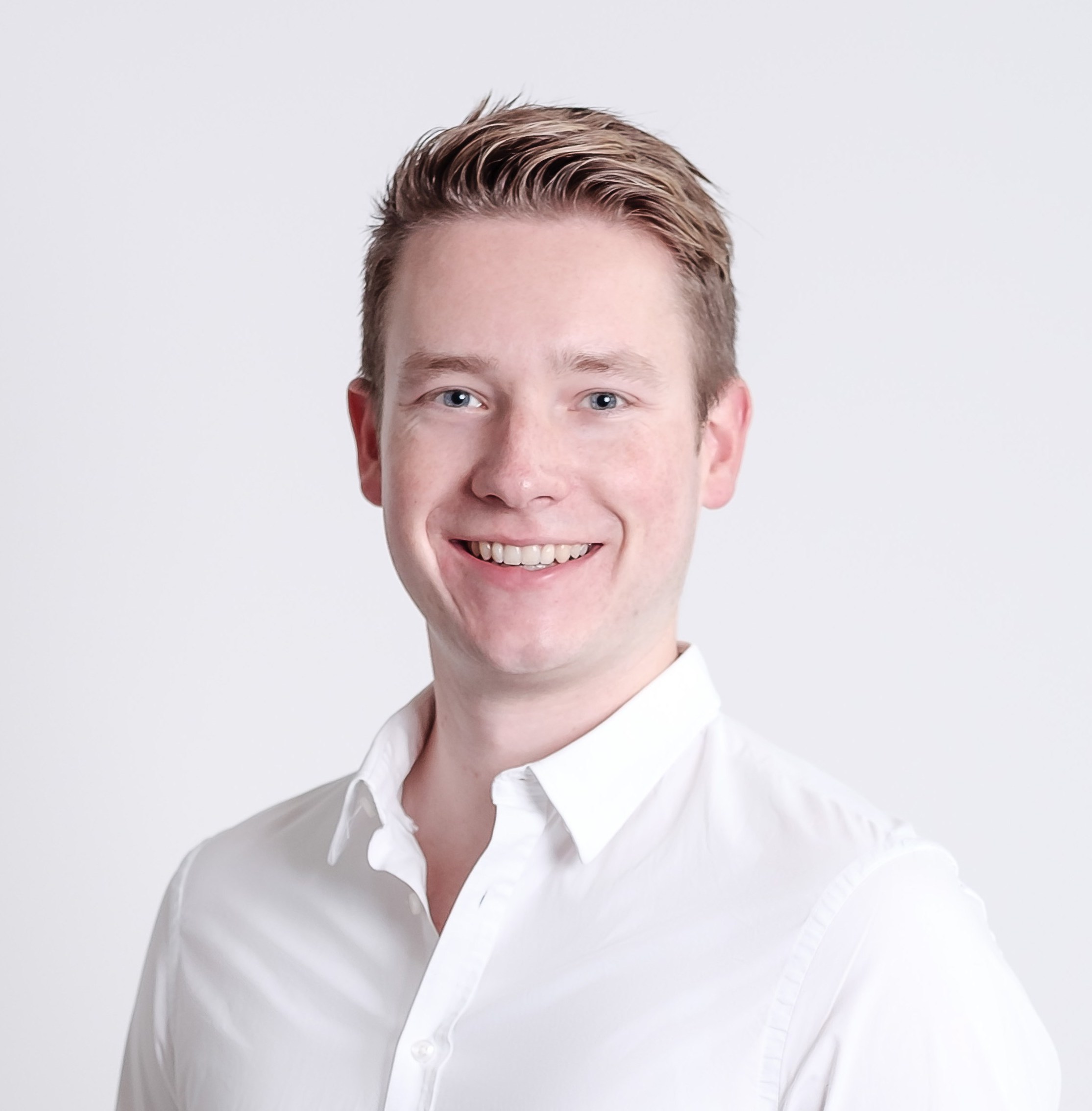
Who’s Who: Christopher Schneider
- 11:47AM Oct 28, 2020
- Comments off
I would like to contribute as much as possible to the development of a highly tolerant and sustainable society, that is aware of the consequences of its actions – where energy transition is only one small piece.
Meet Christopher Schneider of Stadtwerke Hassfurt in our October Who’s who @EASY-RES edition. Christopher tells us about the ambitious goal of the company and his strong fascination for sustainable energy.
Christopher, please tell us about yourself!
From childhood on, I had affinity and curiosity for technology. I grew up happily in Regensburg and spent much time with my grandfather in his workshop. After finishing school, I wanted to study biology first, but I decided to take advantage of the new degree program Renewable Energies and Energy Efficiency. I finalized my bachelor’s degree in 2013 and completed my master’s in 2015 at OTH Regensburg in cooperation with FAU Erlangen-Nuremberg. After that, I got the chance to gain two years of experiences as leading project manager at a start-up energy company near Regensburg, where I managed to build up a smart grid for a new development area with power, local heat, and fiber optic networks. In this time and during my master studies, I discovered my great fascination for renewable energies and sustainable energy supply. I already recognized the potential that renewable energies offer for the energy transition. Since September 2017, I have been part of the team of Stadtwerk Haßfurt GmbH as project manager and have been responsible for business development.
What is the mission of Stadtwerke Hassfurt? What are you doing at the company?
The utility Stadtwerke Hassfurt provides electricity, water, gas, and local heat supply to more than 9,500 private households, companies, and public buildings. Additionally, Stadtwerk Haßfurt offers manifold digital services. In the aftermath of the Fukushima disaster in 2011 and Germany’s decision to completely phase out nuclear energy, Stadtwerk Haßfurt set itself the overarching target of 100% locally produced renewable energies by 2030. The immediate response from Stadtwerk Haßfurt was influenced by the town of Haßfurt’s proximity to the nuclear plant Grafenrheinfeld shut down in 2015.
The 2030 target is currently planned to be realised across the following sectors: Energy production and distribution (electricity, heat, synthetic/ renewable gas, water), transport (E/H2/CH4-mobility), heating & cooling, industry and sector coupling (digitisation, power-to-gas, power-to-liquids). In order to reach its 2030 target, the company’s strategy is based on two cornerstones: (1) building a broad range of distributed energy sources and storage systems and (2) expanding its digital services (B2B and B2C) to enable ancillary services and forward-looking energy market models.
At Stadtwerke Hassfurt, I am mainly responsible for enabling R&D projects and the exploitation of project results into valuable business models for a sustainable and safe customer-centred energy supply.
How did Stadtwerke Hassfurt get involved in EASY-RES?
Due to the former R&D activities we were asked if we would like to take part in EASY-RES to represent a German DSO with a high density of distributed renewable energy sources.
What are the responsibilities of Stadtwerke Hassfurt within the project?
Reporting and keeping track of energy legislation and technical connection rules for DRES on EU and national level. As well as the provision of representative examples and operating data of DRES. Analysis of current energy market models and the development of future market models to be applied to EASY-RES project outcome.
Relating to this, why is EASY-RES crucial for your daily work at Stadtwerke Hassfurt?
The share of renewable energy sources in Germany is growing fast but is restricted by current and obsolete market frameworks. To reach the overall goal and to counter climate change, we need to collaborate globally and across all sectors. The EASY-RES team is an outstanding example for successful cross-border collaboration with the mission of developing fast reacting and flexible new technologies in order to integrate DRES even faster.
Which aspects of your work with EASY-RES do you enjoy the most?
The fruitful discussions of all project members injecting innovative and completely new ideas to solve the problems we are facing.
And on a more private note: Which private projects or dreams would you like to fulfil?
I would like to contribute as much as possible to the development of a highly tolerant and sustainable society, that is aware of the consequences of its actions – where energy transition is only one small piece.

